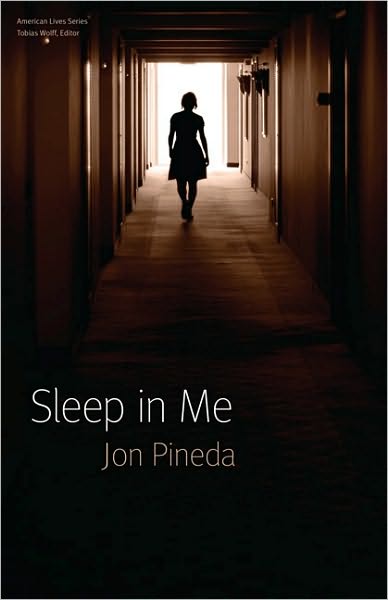University of Nebraska Press, 2010
 What is there to think about when you are boy and the world is large and you feel limitless with energy, and life thus far is like a wild unexplored marsh of cypress knees, and every day an unscripted adventure? What is there to think about when you are a boy, and cuts and bruises and scabs are badges of honor, military medals, and you arrive home every evening dirty-faced and happy? A boy thinks only about being a boy, does what only a boy does. Trouble and chaos follow in the shadows. A boy will test his limits, will push that line between safety and danger, danger always more scintillating. Because when you are a boy, you roughhouse with other boys, make your-mama jokes, flee water moccasins skittering the marsh like “exclamation points,” and hit a homerun in a little league game, “a rite of passage.”
What is there to think about when you are boy and the world is large and you feel limitless with energy, and life thus far is like a wild unexplored marsh of cypress knees, and every day an unscripted adventure? What is there to think about when you are a boy, and cuts and bruises and scabs are badges of honor, military medals, and you arrive home every evening dirty-faced and happy? A boy thinks only about being a boy, does what only a boy does. Trouble and chaos follow in the shadows. A boy will test his limits, will push that line between safety and danger, danger always more scintillating. Because when you are a boy, you roughhouse with other boys, make your-mama jokes, flee water moccasins skittering the marsh like “exclamation points,” and hit a homerun in a little league game, “a rite of passage.”
You are a boy. Then one day, you are not.
In the poetic memoir Sleep in Me, Jon Pineda finds himself thrust out of boyhood when his older sister, Rica, is left paralyzed and mute from a car accident. This moment becomes a marker in Pineda’s life. Everything is calculated in befores and afters. Before, young Pineda relishes youthful freedom. After, he feels shut in. Before, young Pineda is a boy, and after, he is a boy with a disabled sister, a sister who communicates in elementary sign language. He is a boy who carries in him hurt.
Though tragic, Pineda treats the incident with a poet’s gaze, without overly sentimental impulses, with concise and concrete language, and intelligent and heartbreaking exposition. Sleep In Me reads like a book of poetry, consisting of chapters no longer than three or four pages, chapters that have their own breadth, their own life. His lens shifts to others affected by this accident: his mother, who is tireless with her daughter’s care, who “travelled great lengths both physically and mentally”; his wayward Filipino father; and then finally himself. Not a second goes by, not a moment that Pineda does not have his sister in mind. She is in every breath. Every word. Every action.
This is a narrative about the dark clouds that gather over a family, the dark clouds that begin to suffocate. This is a narrative about change—good and bad—and the aftereffects of tragedy. But it is about a boy, too, “a boy who never had a chance to be a boy.” And a girl. A cheerleader. A sister.
And the broken heart and how it mends.
—
Ira Sukrungruang is the author of the memoir Talk Thai: The Adventures of Buddhist Boy and the editor of Sweet: A Literary Confection. Once a year he makes his wife his famous fried wontons and watches her swoon with poetic delight.
